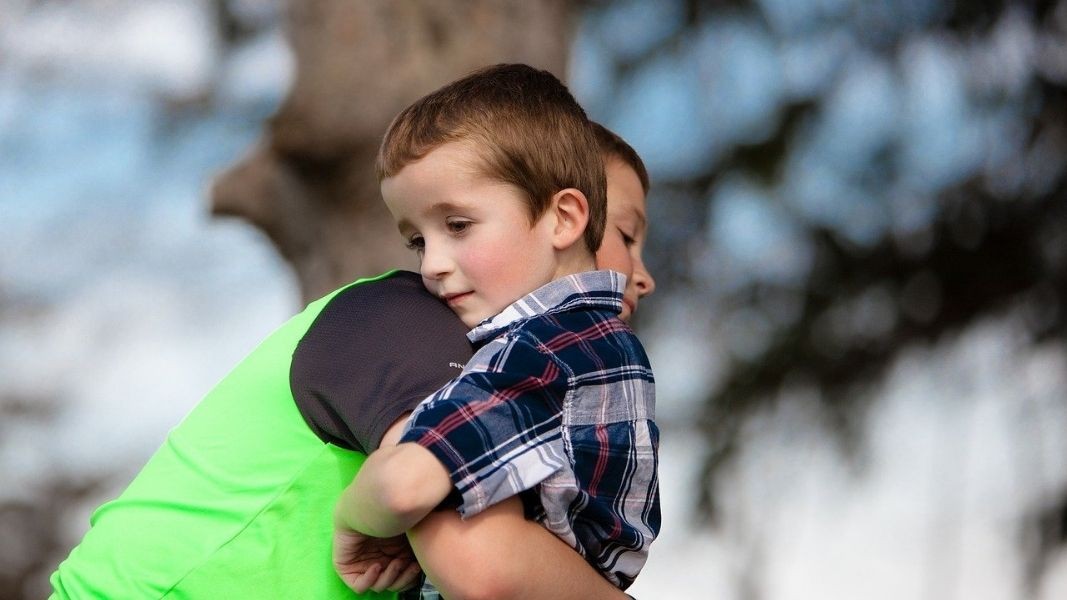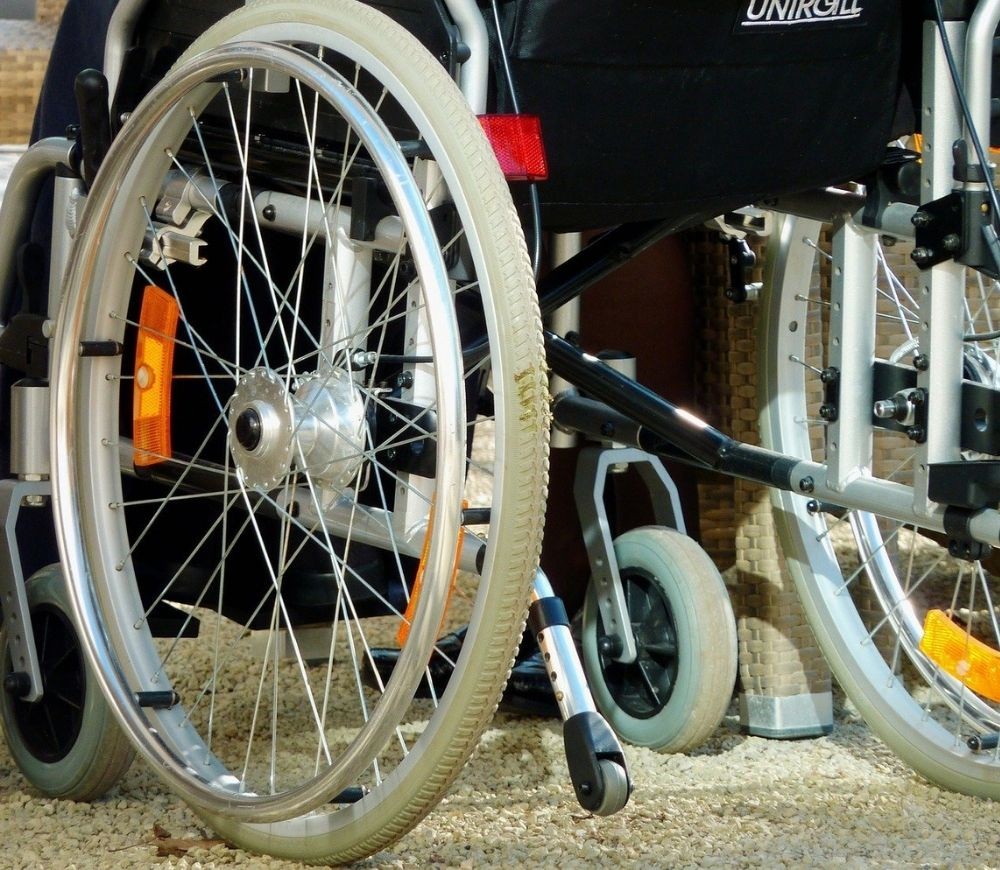The Ukrainian refugees coming Bulgaria find food and shelter. However, this is not enough for the children and people with special needs, who are left with almost no care.
“Bulgaria is by no means prepared to receive such people. It cannot help its own people with disabilities, let alone cope with a wave of refugees who are in bad health. The main burden falls on the volunteers, mostly mothers of children with disabilities who provide the refugees with necessities”, said Adelina Banakieva, volunteer and civic activist, who has been trying to help Bulgarians with special needs for many years.

Adelina Banakieva has traveled thousands of kilometers to the Bulgarian border and back and sent thousands of signals and letters to the state institutions. She has been involved in raising funds for the purchase of special foods, wheelchairs, ambulances and assistive devices.
There is not a single center for palliative care in Bulgaria which could temporarily provide shelter for child refugees with special needs. There is a shortage of medicines and ambulances. There are no conditions for Ukrainian refugees with HIV, cancer or disabilities, Adelina Banakieva went on to say.
“This is a systematic problem which has now come to the forefront- Adelina explained. - A very serious amendment to the legislation is needed, because the situation is critical. We have been strongly committed to helping these people since the beginning of the war. We have been somehow trying to get them out of Bulgaria to save them from our peace-time reality.”

Volunteers with disabilities are ready to stand on the border with posters reading “People with disabilities, please do not come to Bulgaria!”
“We are trying to prevent the arrival of Ukrainians with disabilities fleeing war, who would start a battle with our health system. These people do not deserve it. We pray that such people will not come here, because we are unable to help them as we have not ensured the necessary conditions. Our helplessness is due to the daily lives of the people with disabilities in Bulgaria. We have not ensured an accessible environment. There are not enough hotels to accommodate these people. Not to mention the lack of social services and medical treatment.”
Ukrainian refugees with special needs arriving in Bulgaria must apply for an international protection, in order to receive the necessary medical care. That is why they must contact with the local crisis headquarters.

“The refugees with special needs should turn to the crisis headquarters. At one point, they resort to the help of volunteers after trying to contact with the state first. However, I don’t know how long we can hold up - Adelina Banakieva admitted. – We are calling on the authorities to launch a single hotline for people with special needs and people with disabilities. Thus, volunteers will be able to contact the hotline directly when they want to help a refugee fleeing the war, a person with disability or a person with special needs.”
English version; Kostadin Atanasov
Photos: Facebook /Adelina Banakieva, Pixabay , libraryThe first museum of investment gold is welcoming visitors in Plovdiv who want to learn more about the history of money and its connection to gold – from the birth of gold, its cosmic origin, and its journey to Earth, to how this precious metal has..
The diplomas from the 11th master class in radio journalism of the Bulgarian National Radio – BNR Academy were awarded at a solemn ceremony on November 14. The lectures and practical classes in modern forms of radio journalism build on the professional..
Italy investigates claims of hunting of people in Sarajevo in the 1990s The prosecutor's office in Milan has launched an investigation into shocking reports of organized "sniper safaris" in Bosnia during the war in..
Italy investigates claims of hunting of people in Sarajevo in the 1990s The prosecutor's office in Milan has..
Albania and Bulgaria have joined forces in the name of one more child being born. In the late afternoon of November 7, the first-ever free reproductive..
The diplomas from the 11th master class in radio journalism of the Bulgarian National Radio – BNR Academy were awarded at a solemn ceremony on November..

+359 2 9336 661
